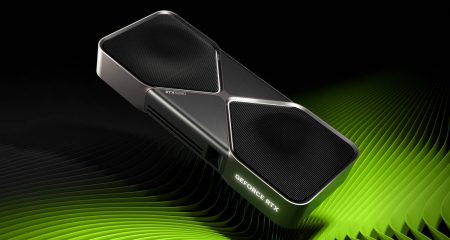 A UK start-up that designs semiconductors used for artificial intelligence applications has raised US$200-million from investors including BMW and Microsoft.
A UK start-up that designs semiconductors used for artificial intelligence applications has raised US$200-million from investors including BMW and Microsoft.
Graphcore is one of a number of companies trying to design a new class of chips that will be better at crunching the vast amount of data needed to make computers smarter. They argue that the processors that have defined the PC age — made by Intel and Nvidia — are not suited for this task, and more tailored solutions are needed to achieve the kind of speed up required.
The funding round was led by UK venture capital firm Atomico, and valued Graphcore at $1.7-billion, the company said on Tuesday. Existing investors Dell Technologies and Robert Bosch Venture Capital also participated in the round.
The billion-dollar-plus valuation for the chip company comes at a time when the semiconductor industry is suffering from investor scepticism, but AI is getting increased attention. The UK company’s chips are specifically designed to accelerate machine learning — the process by which predictive computer algorithms improve from digesting large amounts of data. Graphcore designs chips for power-intensive tasks such AI in cloud computing, enterprise services and automotive systems.
Graphcore, headquartered in Bristol, England, will also open new offices in Beijing and in Hsinchu, Taiwan. With plans to eventually list, it is currently rolling out its first run of chips and is working on its next product. Initial clients include Dell and Samsung Electronics, said Graphcore co-founder Nigel Toon. The company is targeting $50-million in revenue in 2019.
Big backers
Graphcore’s technology “is well-suited for a wide variety of applications from intelligent voice assistants to self-driving vehicles”, Tobias Jahn, principal at BMW i Ventures, said in a statement.
Last year, the company raised $50-million from investors including US venture capital firm Sequoia Capital. Previous investors include AI luminaries Hermann Hauser, co-founder of Arm Holdings, and Demis Hassabis, co-founder of Google’s DeepMind.
Other companies working on AI-specific chips include Google, which now has its own tensor-processing unit designing chips the company doesn’t sell, but does deploy in its data centres. — Reported by Giles Turner, (c) 2018 Bloomberg LP




